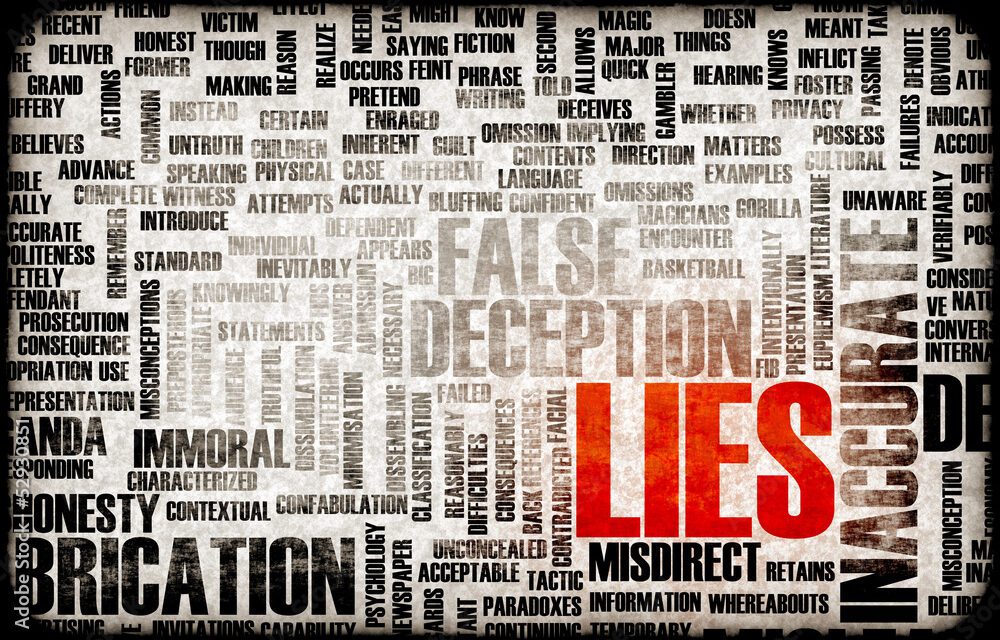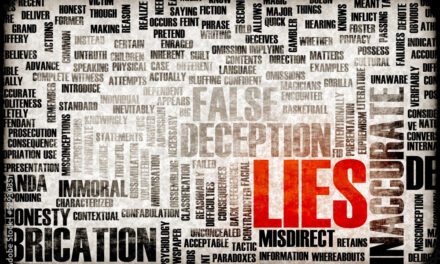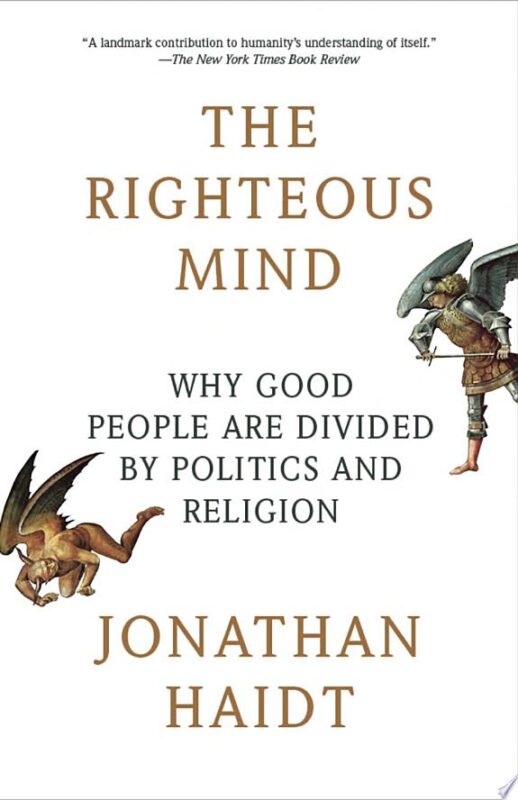All Witnesses Lie
The first part of the following comes from a piece of fiction. Many people believe it to be true. I have little experience in criminal law, but I’m not so sure that it is true in civil litigation, as I shall suggest. The fiction begins with the first quotation mark and ends with the last one.
Everybody lies. Cops lie. Lawyers lie. Witnesses lie. The victims lie.
A trial is a contest of lies. And everybody in the courtroom knows this. The judge knows this. Even the jury knows this. They come into the building knowing they will be lied to.
They take their seats in the box and agree to be lied to.
The trick if you are sitting at the defense table is to be patient. To wait. Not for just any lie. But for the one you can grab on to and forge like hot iron into a sharpened blade. You then use that blade to rip the case open and spill its guts out on the floor.
–MSQ
That’s my job, to forge the blade. To sharpen it. To use it without mercy or conscience. To be the truth in a place where everybody lies.”
Michael Connelly, The Brass Verdict: A Novel p. 3 (New York: Little, Brown, 2008). (This is a crime novel in which the lead character is a criminal defense lawyer. He has appeared in at least one more of
Connelly’s novels.)
Here is one of my doubts. There are degrees of lying. Connelly doesn’t seem to realize this. There is such a thing as big, and there is such a thing as small.
One of them is the out-and-out radical lie. (“I was not unfaithful to my husband, at all ever, though he was to me, as he told me many times when I would not haves sex with him, because I couldn’t. He was too drunk.”)
And there are regular lies. (“I did not run that light.”)
There are more restrained lies. (“I don’t think I ran the light.”). And there are levels of these, just are there are for each of the listed categories.
There are lies of exaggeration. (“Last year, my wife weighed 216 lbs, before she lost weight.”)
Exaggeration has an opposite; it could be called lies of “Negative-ggeration.” These tend to be on the small size. Maybe it’s because the “distance” between the degree of the lie and a zero-level of lying is always smaller than if the lie goes in the “opposite” direction.
Then there are subtle lies. These are different, since they might be of various sizes. Big ones are great for impeachment; little ones are not.
Connelly may be right that every real trial contains some of these. It might even be that in a big money trial every important member of the cast of witnesses tells at least one, at some level or other. But I think he is suggesting that for every witness, there is at least one radical lie from that witness.
I doubt it, and I am not lying. My statement is not even a “restrained” lie.
A Small Lie Here & There Do Not Really Add Up To Much Impeachment. It Can Look Overly Hostile, Since It Is So Common. However, What Counts As Small Depends On The Size And Nature Of The Case. A Whole Long List Is Different; It’s The Opposite.
–MSQ






Recent Comments